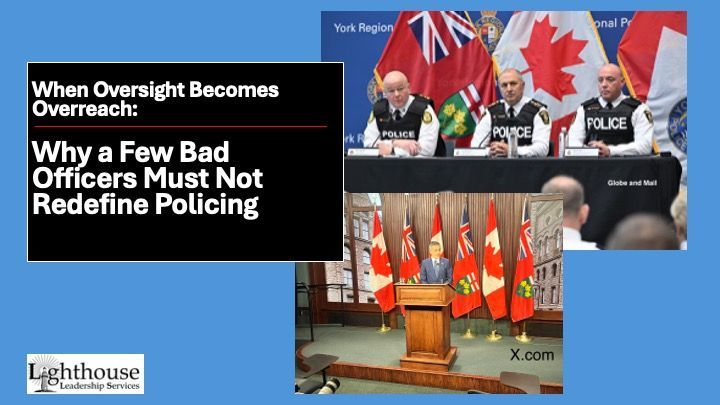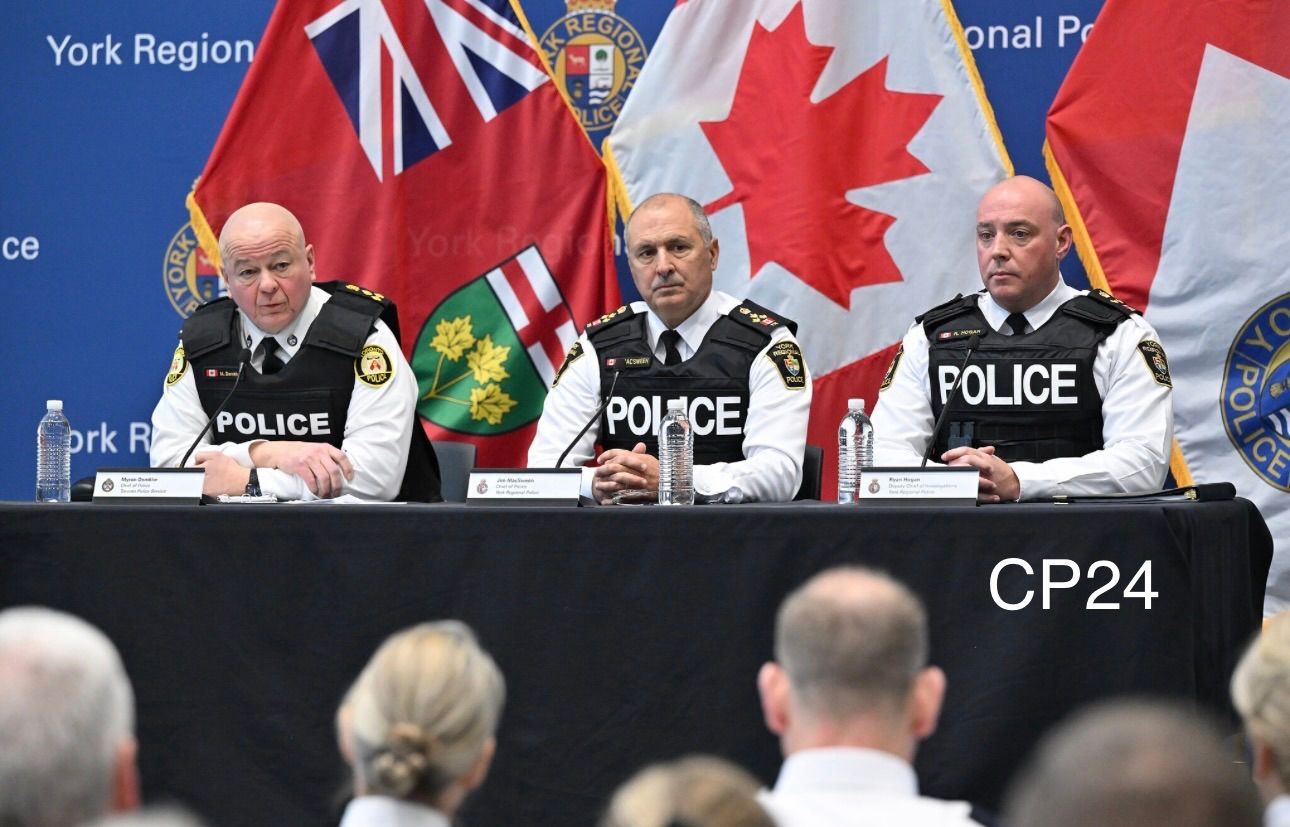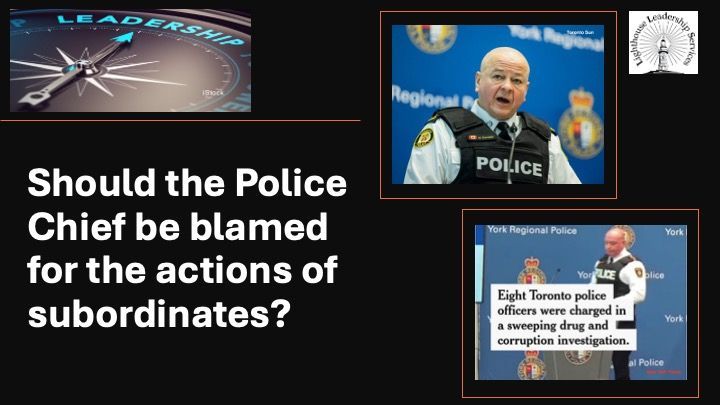New Paragraph

Following the murders of three Ontario police officers in September and October, I gave considerable thought to what local and other Ontario colleagues of these fallen officers were dealing with from emotional and morale perspectives. I knew they were all hurting to various degrees and how that might impact them both personally and professionally. I appreciated from my own experiences as Commissioner of the Ontario Provincial Police that a large number might be questioning their own personal safety while working the streets of their communities, in what they feared might be the new reality. At the same time, I suspected that many were going through a very sad period, grieving for their deceased colleagues and their families, while harkening back to previous losses of life that impacted them forever.
In my role as CTV’s Public Safety Analyst, I was interviewed many times after these deaths. Some of the questions that resonated with me each time were those surrounding the police service leadership and what they were thinking and feeling through those dreadful days and weeks. I was asked about chief’s and leaders meeting with families immediately following the murders. Then during the funerals I responded to queries about how the members attending would be feeling and what their senior officers would be saying to them to try and build up their spirits. In addition, I was asked what I would say in similar circumstances and if I had ever had been in a similar situation. Sadly I had. Way too many times in fact.
I never had to personally advise a family of the death of an OPP loved-one, but I did meet with a number of grieving OPP spouses and children fairly soon after several tragedies. In some cases, I personally knew the deceased officers. Words can’t begin to describe the emotion surrounding such events. In one particularly upsetting incident, I was at a hospital emergency department when the young sons of an OPP officer were told that their father had died from gunshot wounds he had received. One of the sons was trying hard to be strong for his devastated mom and when I put my hand on his shoulder to try to console him, he buried his little face in my stomach and sobbed. That very moment still makes me cry when I reflect on it 12 years later.
I remember meeting with teams and at times whole detachments after they had lost a colleague and friend. As a leader you can’t walk into those discussions with a prepared script, you just need to understand their emotions; try to say the appropriate things to help; encourage dialogue among them and with other supporting personnel; and promise your personal and organizational support. It’s never easy, but unfortunately leadership isn’t always for the faint of heart.
When I visited Afghanistan in 2011 with Canadian police leader colleagues to visit deployed police personnel, I spoke to L/General Stuart Beare of the Canadian Army. He had recently repatriated the body of another young soldier to Canada after being killed in action there. When I asked him about the impact of the many deaths of personnel on the mission, he said words to the effect of:
“No matter how bad things get, it doesn’t change who we are or what our mission is. We are the Canadian Armed Forces and our mission is to support the people of Afghanistan in achieving peace and stability.”
That resonated with me, and I’ve thought of it often since and I would’ve used very similar language in addressing the devastated personnel of the Toronto and South Simcoe Police Services if I was their chief. I would have reminded them to think back to why they joined the police service to begin with – to serve the community; to give back to it and keep it safe. I’d have added that the fallen members would not want us to give up and stop being police officers and remind them that those officers would want us to continue be resolute in our goal to protect the public and each other from victimization.
So fast forwarding to these difficult days and long after I met Stu Beare, police personnel need to remind themselves – as I have many times, “No matter how bad things get, it doesn’t change who we are: the police, or what we do: protect the public and each other.”
Although extremely sad, I always walked away from police funerals with a feeling of positivity. They gave me strength. Having seen throngs of members of various emergency services standing united as a big public safety team to honour a fallen member, supported by hundreds of community members who truly support the police and were deeply touched by the loss of one of their officers, I felt a renewed confidence in our validity and our future. I also left with a stronger determination to continue to perform my sworn duty. That is why I joined policing and what the fallen member would expect of me and my fellow officers.
I’m confident that is exactly what the members of Ontario’s police services will do going forward. I pray for their safety as they carry out that important mission.




